US-born Lawyer Keeps Faith After Hong Kong Security Law Arrest
A lawyer who has lived and practised in Hong Kong for decades, John Clancey has seen the inside of a few police stations -- but he never imagined he would be the one in a cell.
Clancey, a 79-year-old US citizen and former priest, was the first foreign national detained under a sweeping national security law Beijing imposed in Hong Kong last year.
"In the past, I used to visit people in detention and I gave them legal advice," he told AFP on Tuesday from his office in the heart of Hong Kong's main business district.
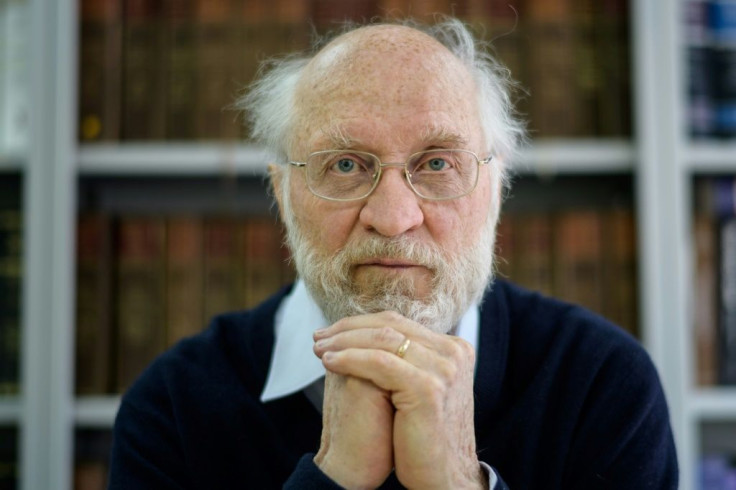
"But this is my first time in detention and police custody."
Clancey was one of 55 activists arrested and later bailed last week on a charge of "subversion" -- one of the new national security crimes.
"I was very surprised. Not terrified, no fear," he recalled before citing a favourite Gospel verse: "In perfect love, there is no fear."
That Clancey might look to the Bible for strength is little surprise. He is a prominent member of the city's Catholic community and a well-known legal activist. His office mug carries a verse from Romans: "God loves you most."
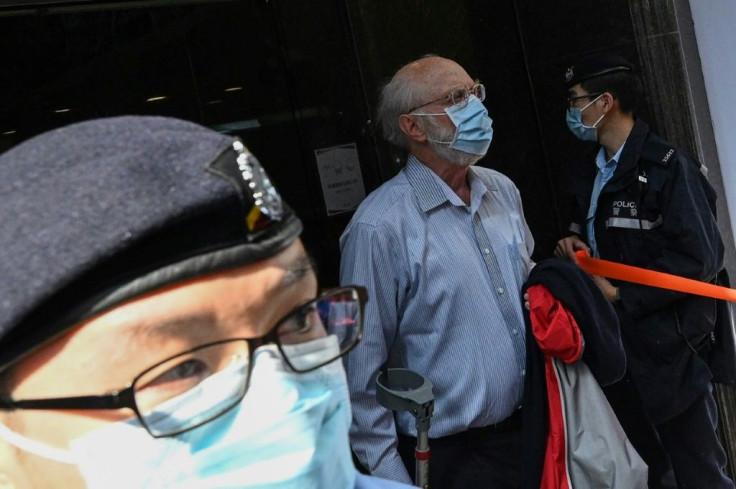
Headlines inevitably focused on his US citizenship but the last time Clancey lived in the States, Lyndon B. Johnson was president.
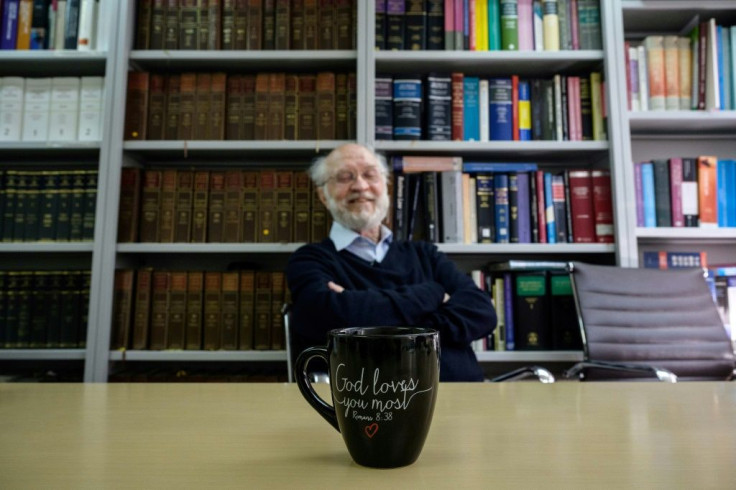
Clancey, like so many of the international hub's permanent immigrant residents, sees himself as a Hong Konger.
He first moved to the city in 1968 as a Catholic missionary priest and was charmed.
He left the priesthood to marry his wife Edith To in 1985, and retrained to become a lawyer, joining a firm known for taking on pro-bono cases and human rights work.
Along the way he mastered Hong Kong's notoriously tricky lingua franca Cantonese.
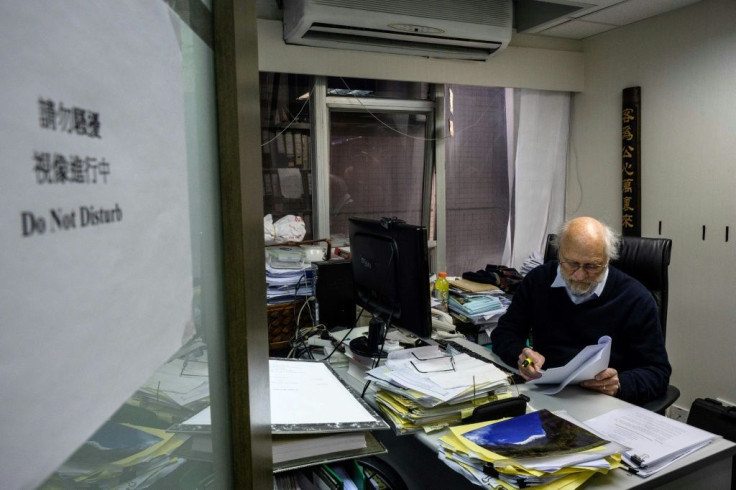
He rejects any suggestion he was "imposing US values or looking at things from the perspective of an American".
Instead, he argues, he has campaigned to uphold international democratic standards that Hong Kongers have marched in their millions for.
Ahead of the 1997 handover deal with Britain, authoritarian China agreed Hong Kong could maintain key freedoms for 50 years.
Democracy advocates say Beijing has steadily chipped away at that promise.
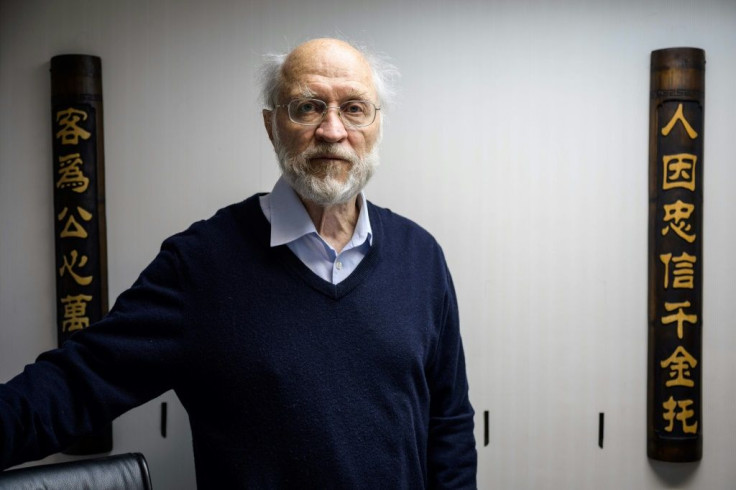
Then last year, after 2019's huge and often violent pro-democracy protests, China imposed a national security law on the city, snuffing out dissent and arresting scores of critics.
The 55 activists police swooped on last week were arrested because of an unofficial primary a coalition of pro-democracy candidates held last year for ultimately scrapped local elections.
The campaign's goal was to win a majority in the partially elected legislature for the first time and block budgets. Hong Kong authorities say it was "subversion" and an attempt to "overthrow" the government.
If charged and convicted, the group faces up to life in jail.
Clancey is restricted on what he can say about his arrest for legal reasons. But he was a treasurer of one of the groups involved in the primary, which may explain why police arrested him.
He says he has no regrets about his long history of human rights campaigning, from opposing the Vietnam War to calling for democracy in Hong Kong.
"I have done it out of motivation of love for people as individuals, and love for people indirectly by being concerned with social structures... that affect people's lives," he said.
Clancey said he has no plans to leave Hong Kong. Even if he wanted to, he couldn't -- police confiscated his US passport.
And he says he maintains faith in Hong Kong's independent legal system, even as it comes under pressure from Beijing's security law.
He said the Hong Kong courts will have to consider "internationally recognised rights, rights which we have as individuals from birth" and "whether a national security law will be able to push aside those rights".
China says the security law was needed to restore "stability".
Combined with anti-coronavirus bans on public gatherings it has certainly snuffed out street protests.
But Clancey predicts Beijing will struggle to suppress a population long used to speaking its mind.
"I think people will find a way as they did in the past, the human spirit is there," he said.
He urged people in mainland China "to better understand" Hong Kongers and find some sort of political dialogue with the city's 7.5 million inhabitants.
"I think in a time like this it is important for people to keep hope, and faith in the future," he said.
© Copyright AFP {{Year}}. All rights reserved.





















